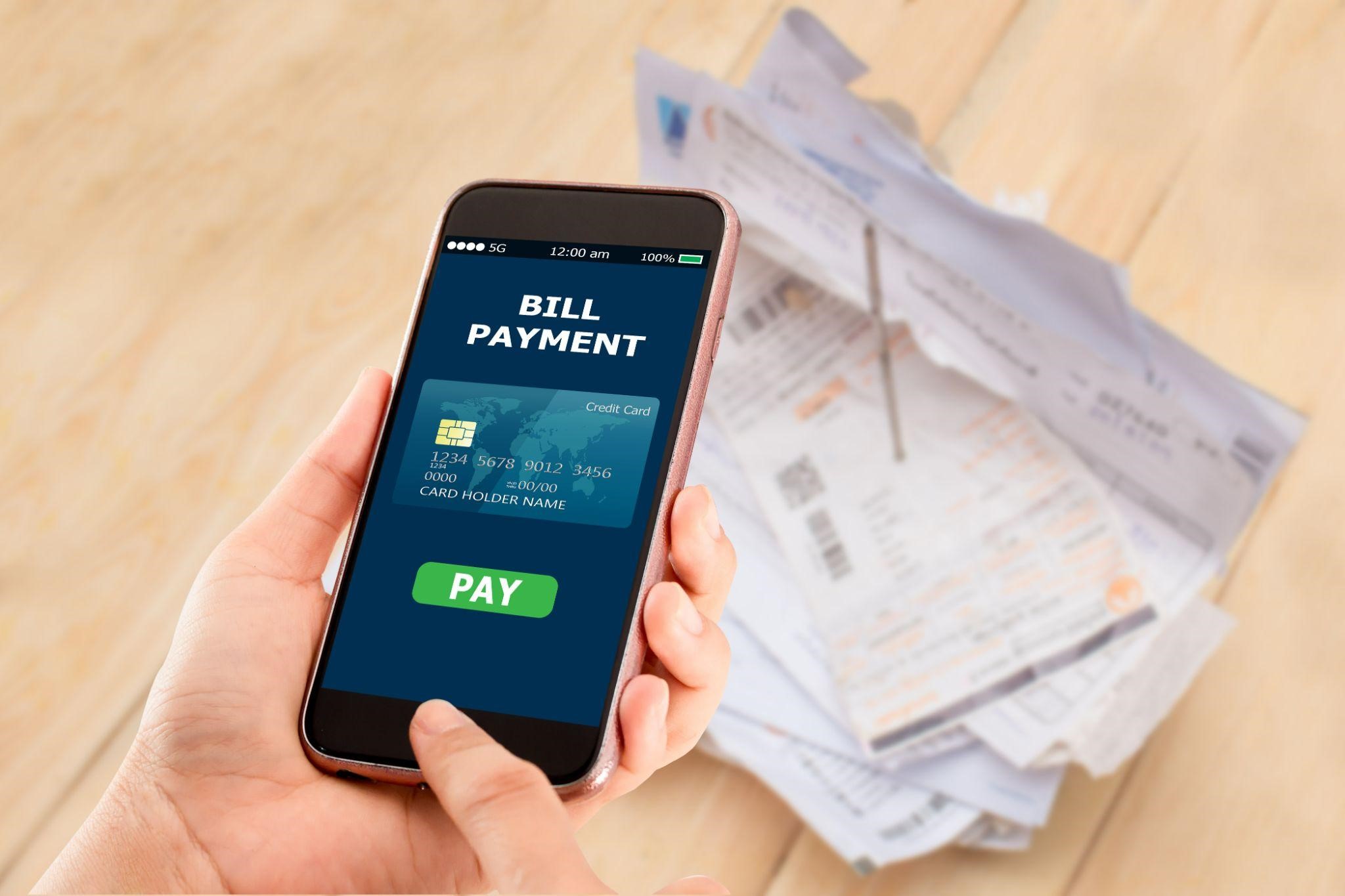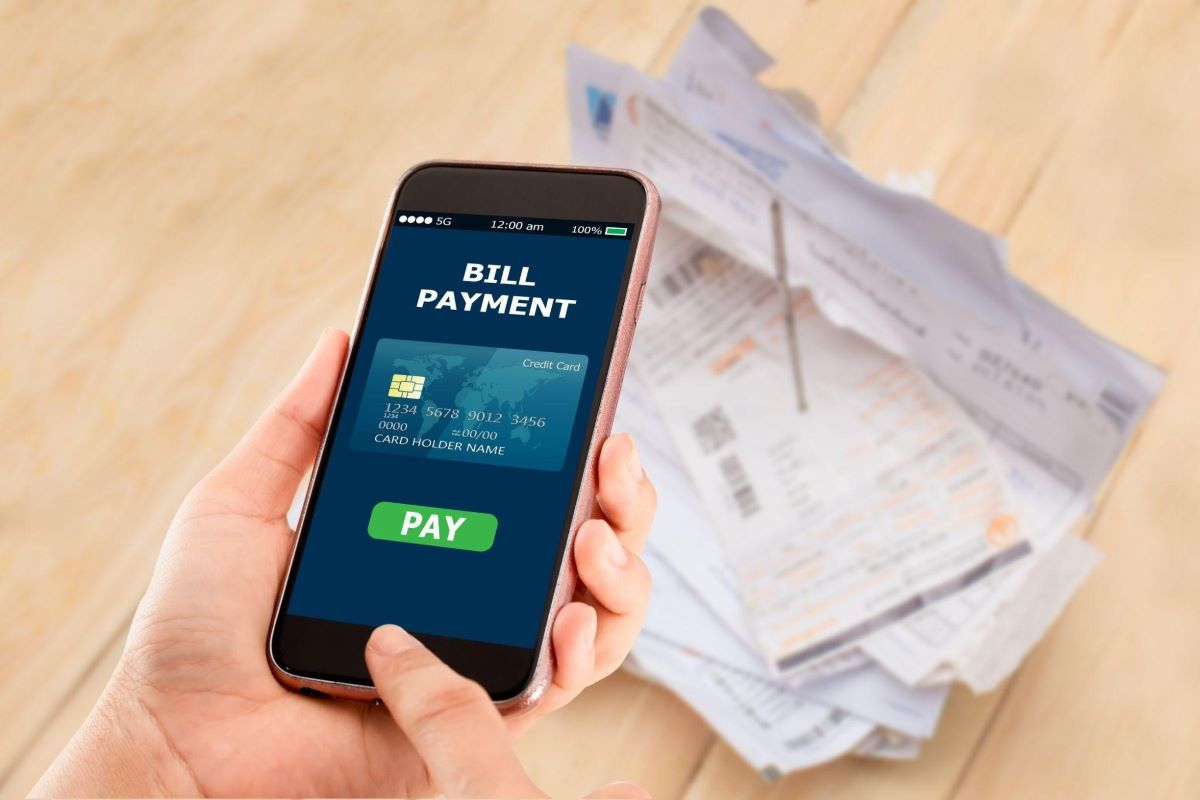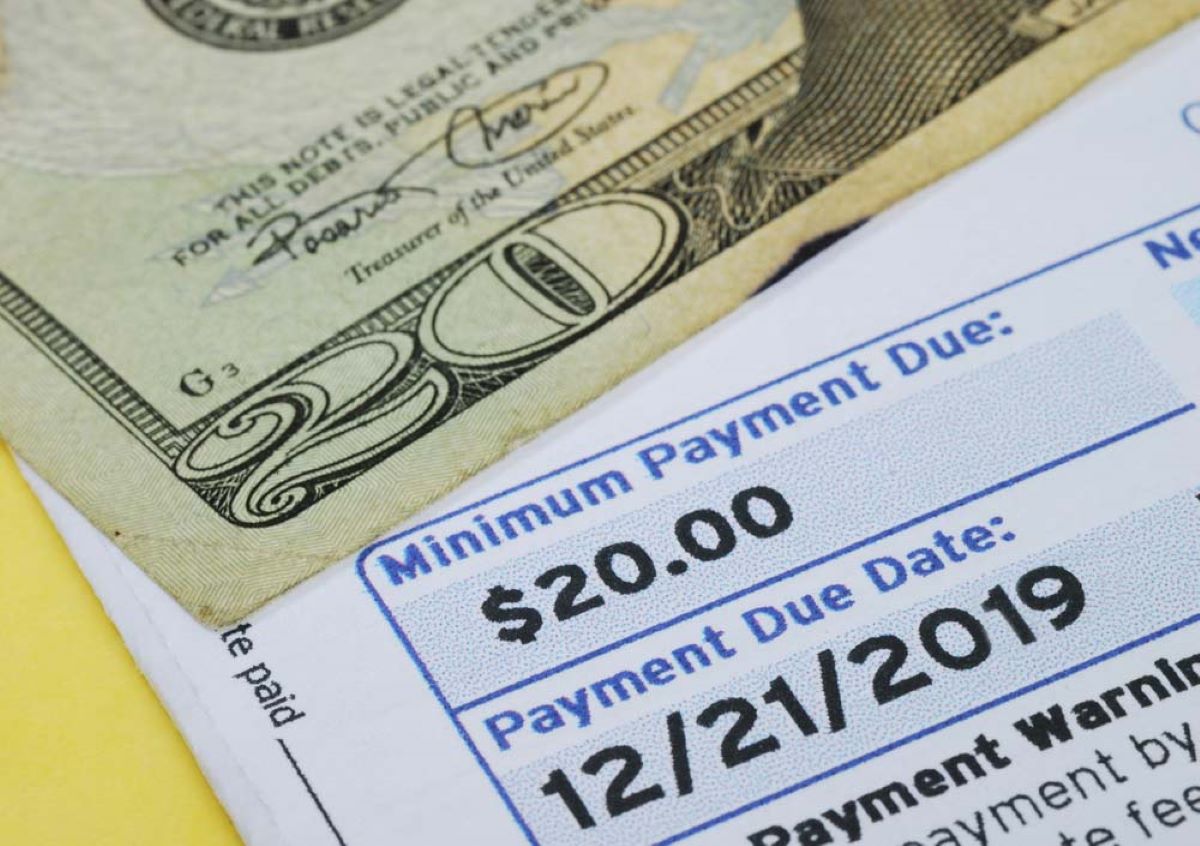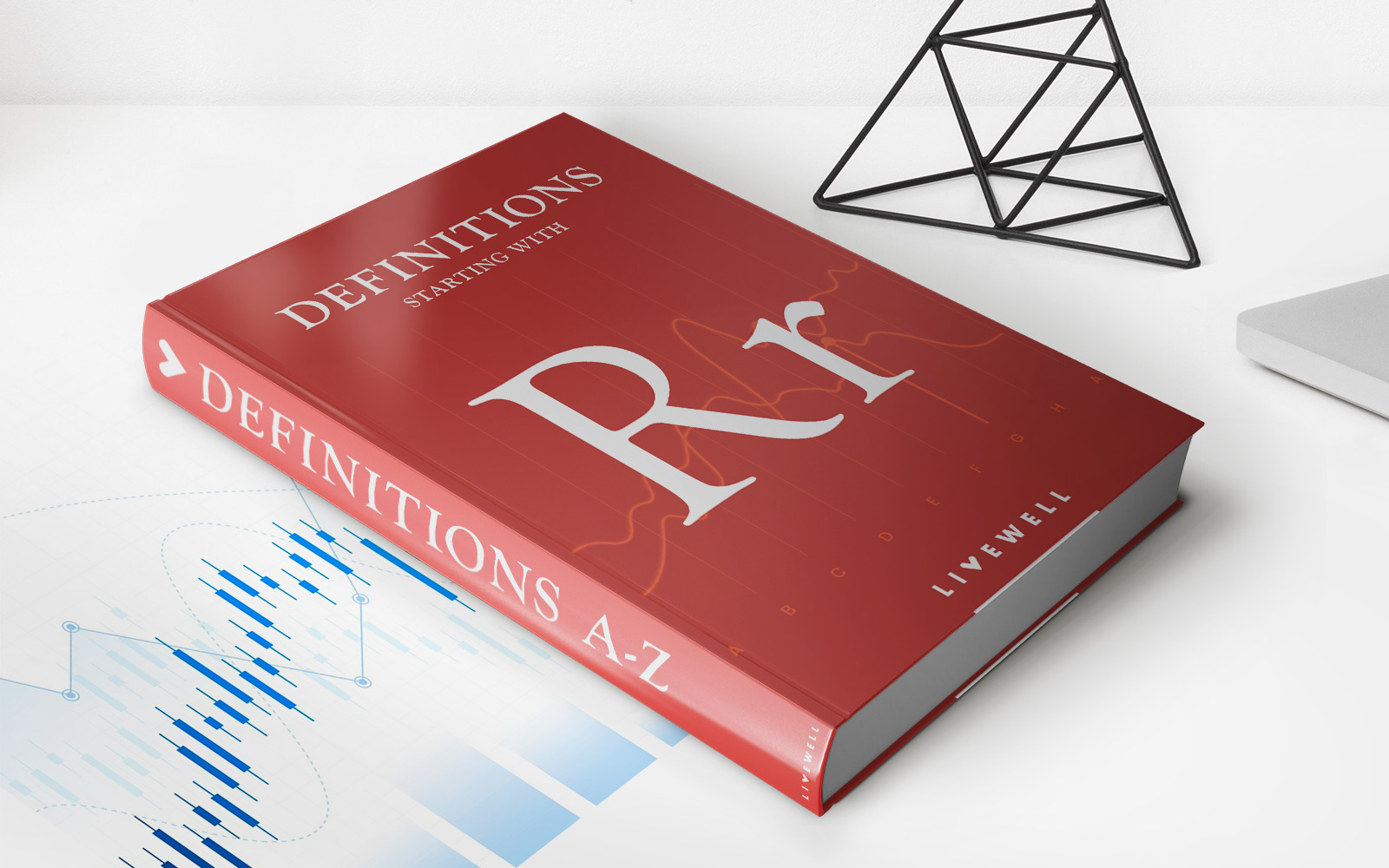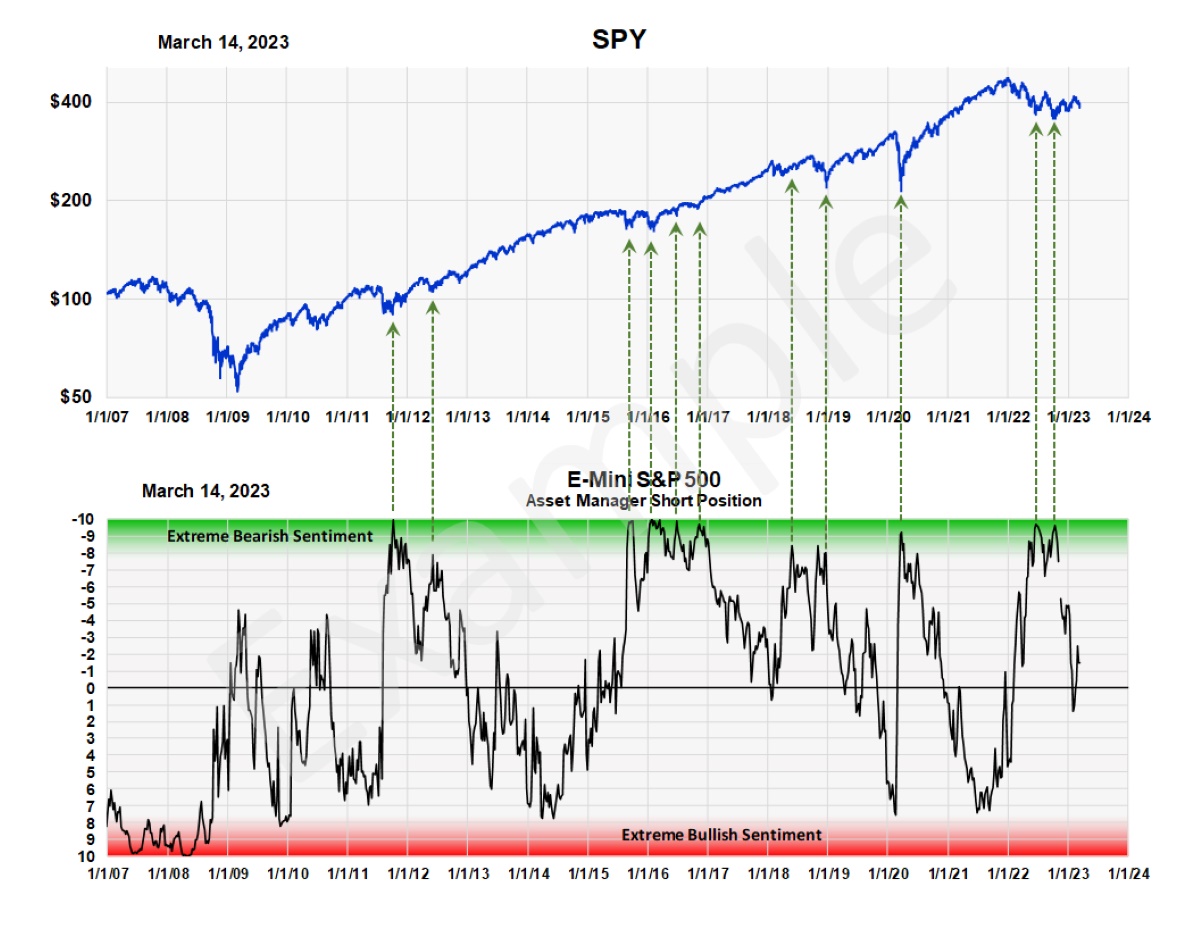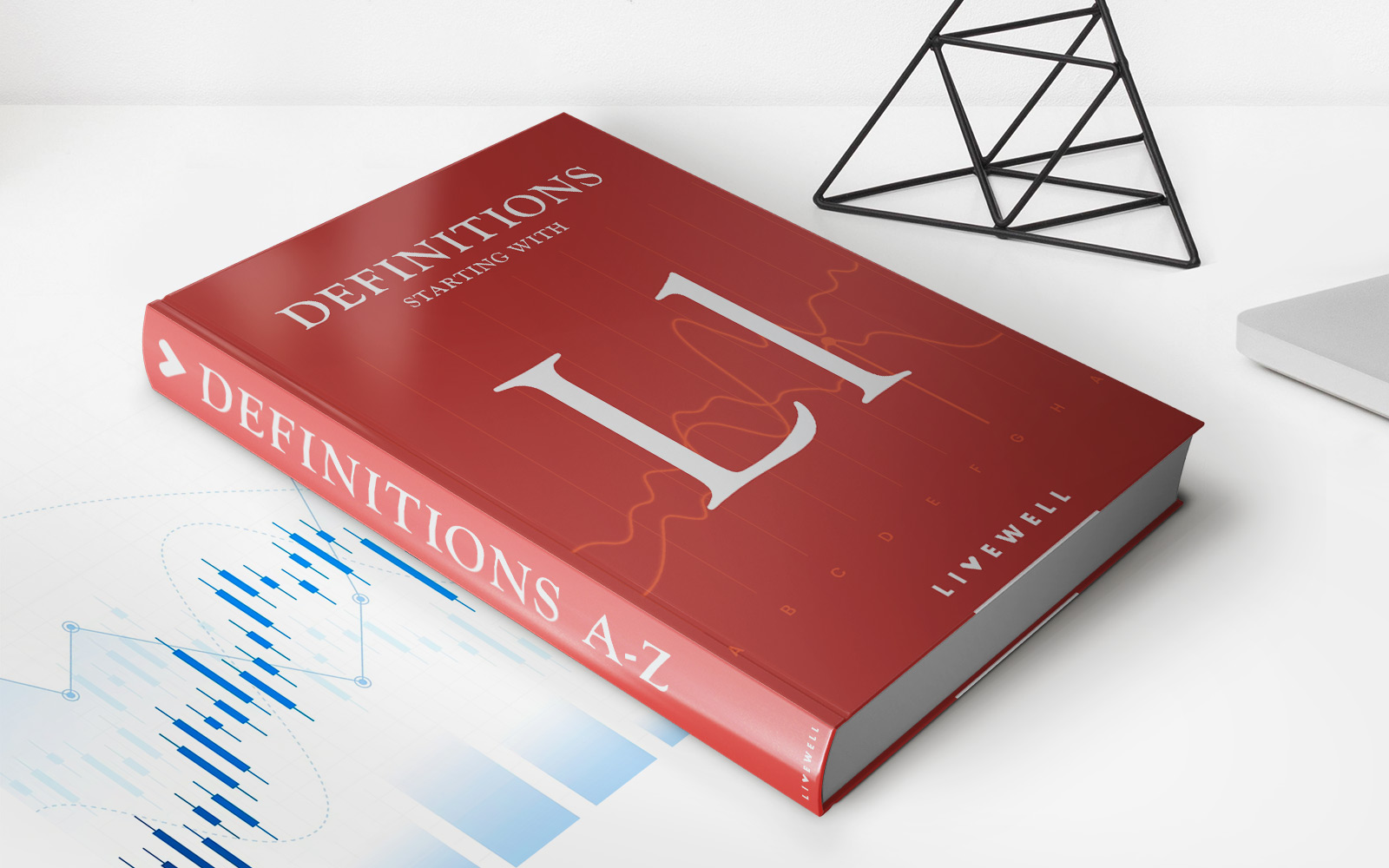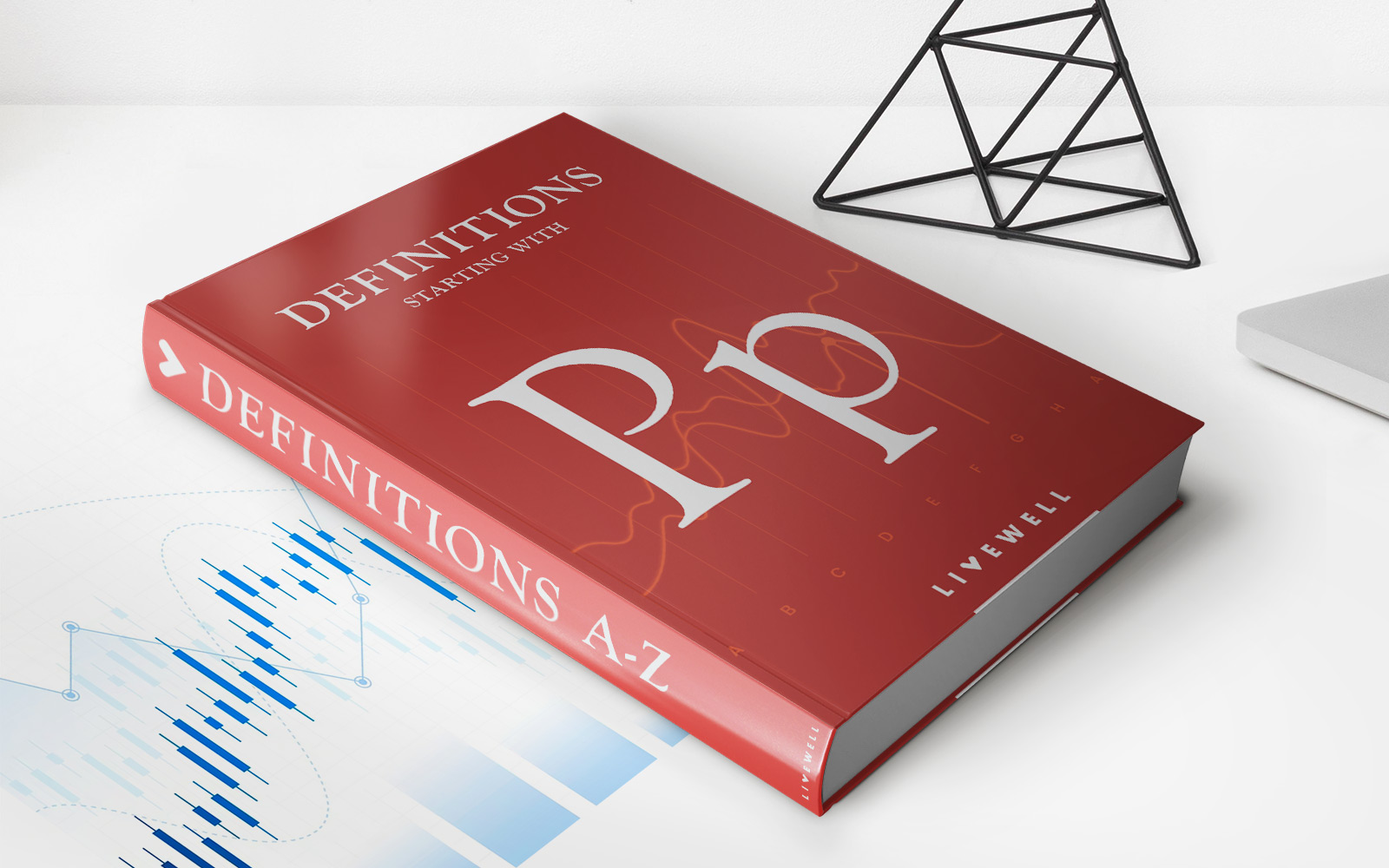Home>Finance>What Does Making A Credit Card Minimum Payment Mean


Finance
What Does Making A Credit Card Minimum Payment Mean
Published: February 27, 2024
Learn the implications of making only the minimum payment on your credit card and its impact on your finances. Understand the significance of managing your finances effectively.
(Many of the links in this article redirect to a specific reviewed product. Your purchase of these products through affiliate links helps to generate commission for LiveWell, at no extra cost. Learn more)
Table of Contents
Introduction
Understanding the Importance of Credit Card Minimum Payments
Credit cards have become an integral part of modern financial transactions, offering convenience and flexibility. However, the ease of swiping a credit card often leads to overlooking the significance of managing the associated payments. One critical aspect of credit card management is understanding the concept of minimum payments. While it may seem like a convenient way to manage monthly expenses, making only the minimum payment on your credit card balance can have long-term financial implications.
In this comprehensive guide, we will delve into the intricacies of credit card minimum payments, exploring their impact on your overall financial well-being. By gaining a deeper understanding of this concept, you will be better equipped to make informed decisions regarding your credit card usage and payment strategies.
Throughout this article, we will examine the implications of making minimum payments, the potential long-term consequences, and alternative approaches to managing credit card balances. Whether you are new to credit card management or seeking to enhance your financial literacy, this guide will provide valuable insights to help you navigate the complex landscape of credit card payments.
Stay tuned as we unravel the mysteries surrounding credit card minimum payments and empower you with the knowledge to make sound financial choices. Let's embark on this enlightening journey to demystify the world of credit card payments and pave the way for a more secure financial future.
Understanding Credit Card Minimum Payments
When you receive your credit card statement each month, you are presented with the option to make a minimum payment. This minimum payment is the smallest amount you are required to pay by the due date to keep your account in good standing. It typically comprises a percentage of your total balance, along with any fees and accrued interest. While making the minimum payment may seem like a manageable way to meet your financial obligations, it is essential to comprehend the underlying implications.
By making only the minimum payment on your credit card balance, you are essentially deferring a portion of the outstanding amount to the next billing cycle. This can lead to the accumulation of interest on the remaining balance, resulting in a prolonged repayment period and increased overall interest costs. Moreover, carrying a high balance relative to your credit limit, even if you are making minimum payments, can negatively impact your credit score.
It is crucial to recognize that credit card issuers structure minimum payments to ensure the extended repayment of balances, thereby maximizing their interest income. While minimum payments provide temporary relief, they can lead to long-term financial strain and hinder your ability to achieve financial stability.
Understanding the mechanics of credit card minimum payments empowers you to make informed decisions about your financial commitments. By gaining insight into the implications of minimum payments, you can develop effective strategies to manage your credit card balances responsibly and mitigate potential financial pitfalls.
As we delve deeper into the impact of making minimum payments, it becomes evident that a comprehensive understanding of credit card minimum payments is essential for sound financial management. Let’s explore the far-reaching consequences of relying solely on minimum payments and discover alternative approaches to effectively manage credit card balances.
Impact of Making Minimum Payments
While making the minimum payment on your credit card balance may provide temporary relief, it can have significant long-term consequences on your financial well-being. By deferring a portion of the outstanding balance to subsequent billing cycles, you subject yourself to the accrual of interest on the remaining amount. This not only extends the repayment period but also elevates the overall interest costs, potentially leading to a substantial financial burden.
Furthermore, consistently making only the minimum payment can impede your progress toward reducing your credit card balance. The interest accrued on the unpaid portion of the balance adds to the overall debt, making it challenging to make substantial headway in paying off the principal amount. As a result, you may find yourself trapped in a cycle of debt, struggling to make meaningful progress in reducing your credit card balance.
Another critical consideration is the impact of minimum payments on your credit score. Carrying a high balance relative to your credit limit, even if you are making minimum payments, can adversely affect your credit utilization ratio, a key factor in determining your credit score. A high credit utilization ratio can signal financial distress to creditors and may lower your credit score, potentially limiting your access to favorable credit terms in the future.
It is essential to recognize that the convenience of minimum payments comes at a cost. While they offer short-term flexibility, the long-term implications can be financially burdensome. By comprehending the impact of making minimum payments, you can proactively devise strategies to mitigate these effects and work toward more sustainable financial management.
As we navigate the intricate landscape of credit card payments, it becomes evident that the impact of making minimum payments extends far beyond the immediate billing cycle. Let’s explore alternative approaches to managing credit card balances and mitigating the adverse effects of relying solely on minimum payments.
Alternatives to Making Minimum Payments
As an alternative to making minimum payments on your credit card balance, consider adopting proactive strategies to effectively manage your financial obligations. One approach is to strive to pay more than the minimum amount due each month. By allocating additional funds toward your credit card payments, you can expedite the reduction of your balance and minimize the accrual of interest over time.
Another effective strategy is to consolidate high-interest credit card debt through balance transfer options or personal loans with more favorable terms. By consolidating your balances, you can potentially secure a lower interest rate, enabling you to pay off your debt more efficiently. However, it is crucial to assess the associated fees and terms of the consolidation avenue to ensure it aligns with your long-term financial goals.
Additionally, creating a structured budget and diligently adhering to it can help you allocate resources toward paying down your credit card balances. By prioritizing debt repayment within your budget, you can systematically reduce your outstanding balances and alleviate the burden of high-interest costs.
Exploring opportunities to increase your income, such as taking on additional work or leveraging your skills for freelance endeavors, can provide supplementary funds to bolster your debt repayment efforts. By channeling these additional earnings toward your credit card payments, you can expedite the reduction of your balances and minimize the long-term financial implications of carrying high levels of debt.
Finally, seeking guidance from financial advisors or credit counseling services can offer valuable insights into structuring a sustainable debt repayment plan. These professionals can provide personalized strategies tailored to your financial situation, empowering you to make informed decisions and regain control of your financial well-being.
By embracing these alternative approaches to managing credit card balances, you can mitigate the adverse effects of relying solely on minimum payments and work toward achieving a more secure financial future. Let’s explore the significance of these alternatives in fostering responsible financial management and mitigating the challenges associated with credit card debt.
Conclusion
As we conclude our exploration of credit card minimum payments, it is evident that these seemingly convenient options can have far-reaching implications for your financial well-being. While making the minimum payment may offer short-term relief, it often leads to prolonged repayment periods, increased interest costs, and potential credit score implications. Understanding the impact of minimum payments empowers you to make informed decisions and adopt proactive strategies to manage your credit card balances responsibly.
By striving to pay more than the minimum amount due, exploring consolidation options, adhering to a structured budget, and seeking professional guidance, you can navigate the complexities of credit card payments and work toward alleviating the burden of high-interest debt. Embracing these alternatives enables you to regain control of your financial trajectory and pave the way for a more secure and stable financial future.
It is crucial to approach credit card management with a proactive mindset, leveraging financial literacy and strategic planning to mitigate the adverse effects of relying solely on minimum payments. By prioritizing responsible financial behaviors and seeking opportunities to reduce your credit card balances, you can embark on a journey toward financial empowerment and long-term stability.
As you navigate your financial landscape, remember that informed decision-making and proactive debt management are instrumental in achieving financial resilience. By integrating these principles into your financial journey, you can overcome the challenges associated with credit card debt and cultivate a solid foundation for your future financial endeavors.
Let this comprehensive guide serve as a catalyst for informed financial decision-making, guiding you toward a more robust understanding of credit card minimum payments and their long-term implications. Empowered with this knowledge, you are poised to make confident and informed choices, ensuring that your financial path is marked by resilience, stability, and prosperity.
